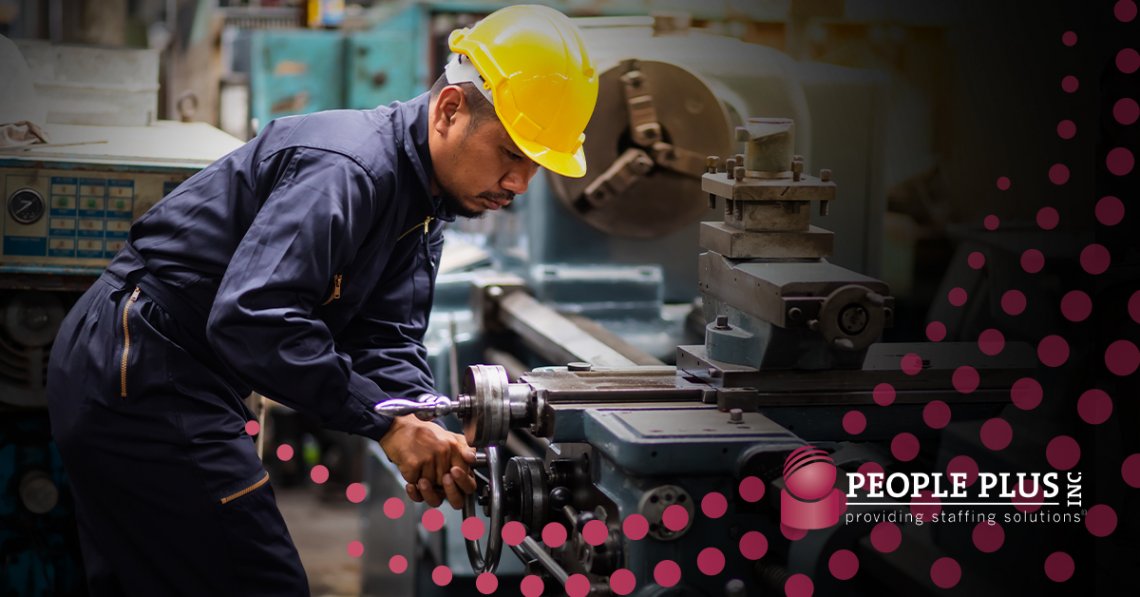
Are you a heavy equipment operator in construction or another field? We want you to be aware of the scary statistics out there:
-
The Bureau of Labor Statistics (BLS) says there were 2.8 million nonfatal workplace injuries in 2019.
-
Each year there are roughly 5,000 additional incidents that lead to worker fatality.
We know many of these statistics are preventable with the right level of attention to on-the-job safety rules. When you’re working with heavy equipment, it’s important to follow these safety rules to protect yourself. This article will give you some safety tips for machine operators to follow to keep you and everyone around you protected and secure.
Top Equipment Safety Rules
Start by inspecting the equipment before operating it. Walk around the equipment looking for anything on your checklist, from hydraulic hoses to oil levels. Perform routine maintenance as recommended for top equipment performance. On the opposite side of your equipment encounter, make sure the tool is carefully turned off. Don’t leave heavy equipment idling, either. Turn it off and take the key or whatever protocols your company requires.
Use caution when climbing in and out of the equipment. It’s common for falls to occur during these times. Never jump off equipment and instead slow down to help avoid preventative spills that could cause injury. Wear your seatbelts; accidents can happen fast. A safety harness can keep you right where you need to be.
Along the same lines, make sure you are taking precautions when unloading or loading equipment. Is the equipment level and the brakes on? Lift with your legs and not your back and avoid twisting side to side, which can cause strain. Watch load limits and be sure not to overload the machine or push it past what's recommended.
As you're working, make sure you identify the location of obstacles, underground utilities, power lines, or anything that would be a hazard. Watch for blind spots and work with a spotter if necessary. Hand signals work well if you don't have a two-way radio. Make sure everyone is wearing reflective vests or other gear that makes everyone very visible to anyone operating machinery.
Always wear the recommended safety gear in the form of heavy boots, helmets, goggles, ear protection, gloves, or whatever else is recommended by the manufacturer or required by your company.
Open communication is critical on any job site. This is especially true if you have heavy equipment on the job site. Talking about the schedule for the day is just as important as situational awareness. Know what’s happening and be aware of what’s going on around you at all times. Don’t assume that people will move out of the away and operative the equipment defensively, staying prepared for hazards well before they happen.
Finally, don't overwork yourself. In the same way that you should know the limits of your equipment, you should also know the limits of yourself. If you're overly tired or don't feel comfortable operating a piece of machinery or feel like you need more training, say something. If you don't think you're capable of doing the work, it's safer to ask questions, for help, or even ask if you can be reassigned for the day. It’s a much better and safer approach to a dangerous job.
Talk to People Plus about machine operator jobs. We can get you back to work.

